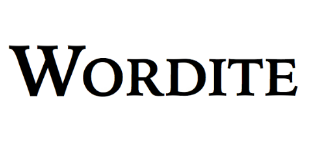dint - What does it mean?
'dint' hits on the web
You may have been searching for a specific social media @dint profile or the tag #dint
Definition of 'dint'English
Etymology 1
From (etyl) dint, dent, . More at (l).
Alternative forms
* (l)
Noun
(label) A blow, stroke, especially dealt in a fight.
*, I.i:
*:Much daunted with that dint , her sence was dazd.
* 1600 , (Edward Fairfax), The (Jerusalem Delivered) of (w), XI, xxxi:
*:Between them cross-bows stood, and engines wrought / To cast a stone, a quarry, or a dart, // From whence, like thunder's dint , or lightnings new, / Against the bulwarks stones and lances flew.
Force, power; especially in (by dint of).
*(William Shakespeare) (c.1564–1616)
*:Now you weep; and, I perceive, you feel / The dint of pity.
*Sir (Walter Scott) (1771-1832)
*:It was by dint of passing strength / That he moved the massy stone at length.
The mark left by a blow; an indentation or impression made by violence; a dent.
* (1809-1892)
*:every dint a sword had beaten in it [the shield]
:(Dryden)
Derived terms
* by dint of
Verb
( en-verb)
To dent
* {{quote-book|year=1915|author=Jeffery Farnol|title=Beltane The Smith|chapter=|edition= citation
|passage=And, in that moment came one, fierce and wild of aspect, in dinted casque and rusty mail who stood and watched--ah God! }}
* {{quote-book|year=1854|author=W. Harrison Ainsworth|title=The Star-Chamber, Volume 2|chapter=|edition= citation
|passage=Your helmet was dinted in as if by a great shot. }}
Etymology 2
Contraction
(head)
Anagrams
*
----
|
